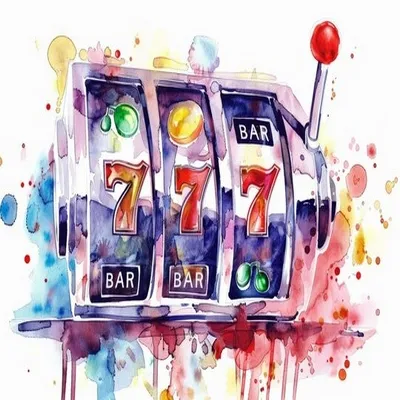89k
$76295
89kApplying all these strategies will help players not only increase their chances of winning but also minimize risks while participating in online sports betting.
Betting on matches that are influenced by off-field events is also a strategy that cannot be ignored. Events such as legal cases, player-related issues, or social issues can affect teams and players. Sometimes, these factors can reduce the performance of a team, while in other situations, they can be a strong motivation. Keeping up with off-field information will help players make more reasonable betting decisions. Keywords such as "off-field event betting", "lawsuit influence betting", or "off-field team betting" will help players find betting opportunities in these situations.
Product description

89kGambling, or betting, is an activity that humans have been involved in for thousands of years. From simple games to grand casinos and modern online sports betting, this industry has gone through a long journey of development. The following article will review important milestones in the history of the betting industry. Betting is not a new concept, but has existed since ancient civilizations. Archaeological evidence shows that, as early as the Babylonian and Egyptian periods, people participated in games of chance, often in forms of betting involving cards or dice games. Betting in Greece and Rome: Ancient Greek and Roman civilizations organized horse races and sports competitions, where people could bet on the outcome of events. Chariot races in Rome and arena sports were among the earliest forms of betting known to mankind. These games were not only part of the entertainment culture but were also associated with religious beliefs and rituals. Dice and card games were also used as a form of betting from this period, although there was no formal system or rules. Cards in particular appeared in China around the 9th century and gradually spread to other regions such as India and Europe. Betting flourished in Europe in the 17th and 18th centuries, when casino games began to become more popular. The first casino opened in Venice, Italy in 1638. This was the first place with formal betting organization and procedures. The first casinos mainly served the nobility and the wealthy, and were only open on special occasions such as festivals. The first casino in Venice (1638): The first casino opened in Venice, Italy in 1638. This was the first place with formal betting organization and procedures. The first casinos catered mainly to the nobility and the wealthy, and were only open on special occasions such as festivals. Horse racing betting: Horse racing was one of the first popular forms of sports betting and began to become part of the betting culture in Europe in the 18th century. The first horse races were held in England, where a strong horse racing industry developed, with famous races such as The Derby. Gambling and sports competitions: In the 19th century, gambling games at casinos and sports competitions such as football and horse racing began to become popular events that people bet on. In the 20th century, the betting industry continued to thrive, especially after countries began to legalize and regulate the industry. The city of Las Vegas in the United States emerged as the "gambling capital" of the world in the 1930s when Nevada legalized casino games. Las Vegas casinos have become an icon of the gambling industry, attracting tourists and gamblers from all over the world. Famous venues such as the Bellagio, Caesars Palace and The Venetian have become symbols of luxury and the gambler's lifestyle. Sports betting officially flourished in the 1940s and 1950s, especially in Las Vegas casinos. Sports such as football, basketball, and horse racing began to attract the attention of bettors. By the late 20th century, sports betting had gone beyond entertainment and had become a professional industry with major organizations and tournaments, such as the Super Bowl (USA) and the Premier League (UK).
Continuing with betting strategies and tips, an important factor to consider is analyzing odds and probabilities. Understanding odds and the factors that influence them is key to making good betting decisions. Odds are not just simple numbers, but reflect the difference between teams, events or possible outcomes. When you are able to analyze odds and know how to recognize high or low values, you will know when to bet and when to avoid.

Another thing to keep in mind is to understand the rules and regulations of the game you are playing. This is especially important in highly strategic games like poker, blackjack, or baccarat. Knowing the rules of the game will not only help you avoid costly mistakes but also increase your chances of winning. Make sure you understand the rules, odds, and terms and conditions of the casino before you start playing.
When playing roulette, one of the most important factors is budget management. This will help you maintain the game sustainably and minimize unnecessary risks. Before you start playing, you should determine a maximum bet for yourself, to avoid betting too much and affecting your personal finances. This is especially important for new players, as they can easily get caught up in the whirlwind of the game and forget the basic principles of money management.










